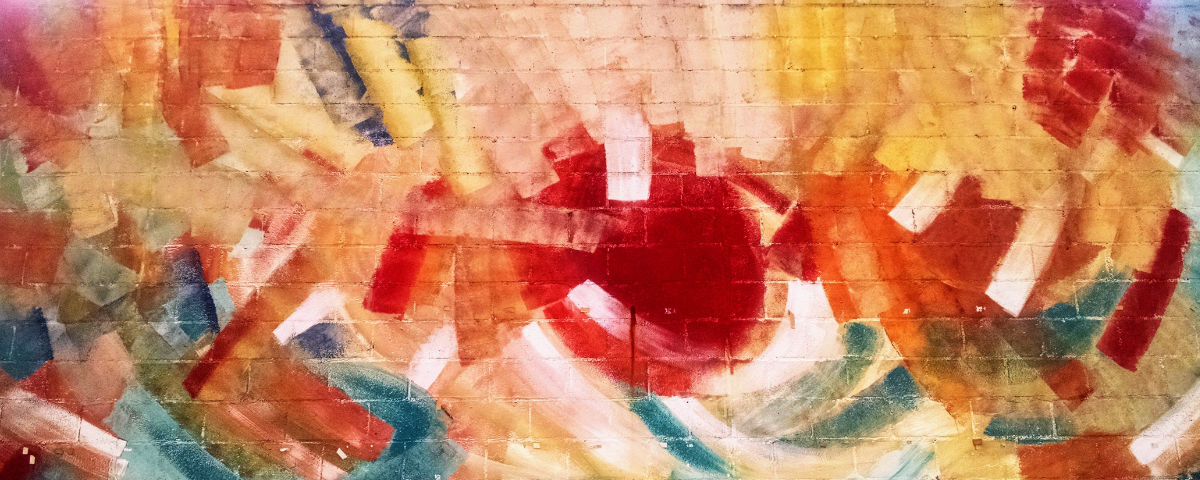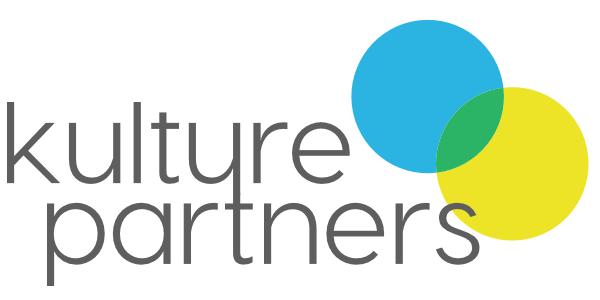
Making People Better with Art
The effect that art can have on individuals, their communities, and society is clear and profound. Art is a means of empowerment for the disaffected and disenfranchised. It can connect people of different backgrounds and allow them to work together for a common purpose, while still allowing for individual expression and growth.
Art was a fundamental part of my early life. While my mother, an art teacher, was the only professional artist in my immediate family, I was surrounded by creative people who spent time drawing, photographing, crafting, writing, and performing music. I was introduced to many mind-widening experiences of arts and culture, well before I began my career as a public school student.
It didn’t take long for me to realize that my exposure to the arts gave me, and others of similar experience, an advantage when it came to learning. Though we were not economically privileged, our minds were primed for and more open to new information and experiences. Our early introduction to art and culture provided a solid foundation on which we were able to begin the construction of great cathedrals of knowledge and reason. Those without this cultural and intellectual primer, though intellectually capable, often had to work harder to keep up as we progressed through school.
While my personal experiences revealed to me the value of art, it was my mother’s work as an art teacher that made me recognize its power. My mother’s work with students changed lives. It opened their eyes to new ideas, new possibilities, and to new ways of thinking. It provided some with an escape, even if temporary, from difficult situations. It provided confidence to some children who thought they had little or nothing to offer to the world. For some, it even provided a path that they could follow into their adult lives. I still hear stories about my mother’s impact on the lives of her students, even though she passed away over ten years ago.
Though these experiences are anecdotal, more and more research is suggesting that the arts are, in fact, critical to the development of the human mind. Studies show that exposure to the arts at a young age helps children develop critical thinking skills. While this might not translate directly into improved scores in math, science, and other traditional school subjects, it does cause students to be more thoughtful in the way they approach and solve problems.
Aside from the purely academic benefits of the arts, early and regular exposure to the arts seems to help people become more self-aware and empathetic. They are more likely to become lifelong learners, more open to the world and people around them. A great deal of research also points to an art-related improvement in self-concept, much like what I witnessed in many of my mother’s students. Simply stated, exposure to and participation in the arts allows humans to look at the world in new and exciting ways and to become more well-rounded, more thoughtful people.
With all the evidence staring us in the face, how can we, as a society, not commit the resources to ensure that all people, of all ages and backgrounds, have an opportunity to be exposed to and to take part in the arts? In a world where we often mindlessly throw around the term “value,” what could be more valuable than investing in the development of learned, confident, thoughtful human beings? It seems that if we aspire to make the world a better place, this is one of the best areas in which to focus our efforts.
Could Kulture Partners help you?
We're here to help you do great things! Send us a message, right now, to find out if we're a good fit. Someone will contact you to discuss your specific goals.
Don't worry, we are NOT a high-pressure agency.
